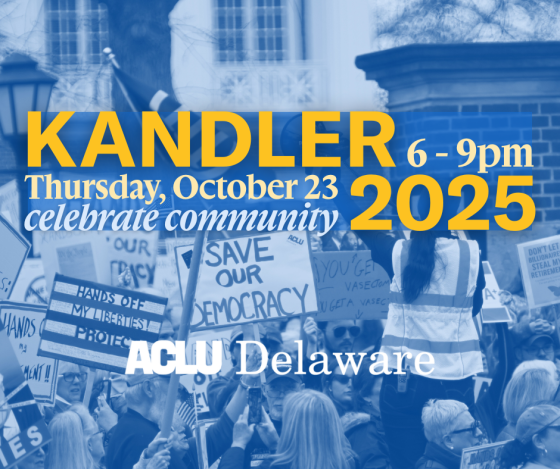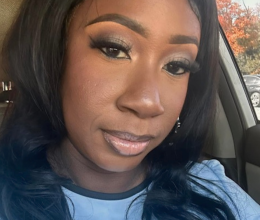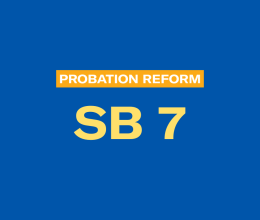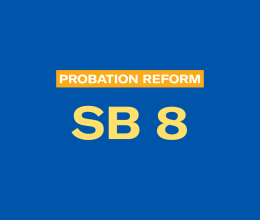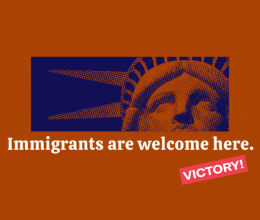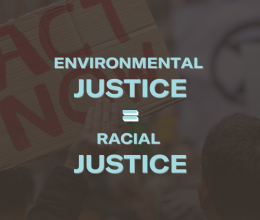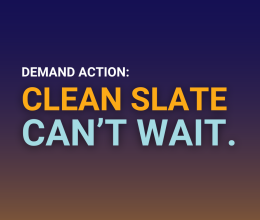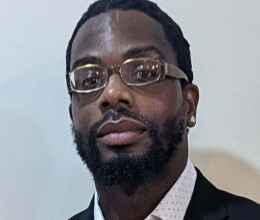
This edition of Executive Director's Notes appeared in the Fall 2015 issue of connection, the ACLU-DE newsletter.
Back in May for our annual meeting, ACLU-DE invited six distinguished, local African American leaders to speak on a panel focused on the socio-economic, educational, criminal justice and human rights impacts of structural racism. An audience of over 70, pretty evenly split between black and white, convened for this important conversation. The program was in response to and in support of #blacklivesmatter, the national movement that arose after the death of Trayvon Martin at the hands of George Zimmerman and which expanded its presence in the national conversation about race after the death of Michael Brown in Ferguson, MO.
#blacklivesmatter is a potent message because it encapsulates in 16 characters the essence of structural racism in this county. While the #blacklivesmatter movement is primarily focused on the violence and abuse that has resulted when communities of color intersect with the police and the criminal justice system, it has also played an important role in driving and broadening the conversation about race in this country, which is essential if change is to occur.
The disparate treatment of people of color by police is a manifestation of the structural racism that still exists in this country.
Many of our criminal justice policies and police practices specifically target black communities—an inexcusable use of governmental social control to subjugate the minority. But structural racism is also manifested in housing, education and economic policy, and the way public funds are spent to primarily serve the white upper and middle classes.
As an organization whose core is a commitment to equality and freedom, the ACLU must make ending structural racism and all its manifestations a priority. And we have, at both the national and local levels.
The targeting of black neighborhoods for subprime mortgages has been the subject of lawsuits. Action is being taken to challenge school funding formulas that under-resource urban schools and discipline policies that push black and brown boys out of the classroom and into the criminal justice system. Legislation is being pushed to reduce prison sentences and the collateral consequences of having a criminal record.
The problem of structural racism is embedded in the fabric of this country. Change will be hard. But the #blacklivesmatter movement has added impetus to the conversations that are needed as a first step and it has provided us with a powerful message in just 16 characters.
